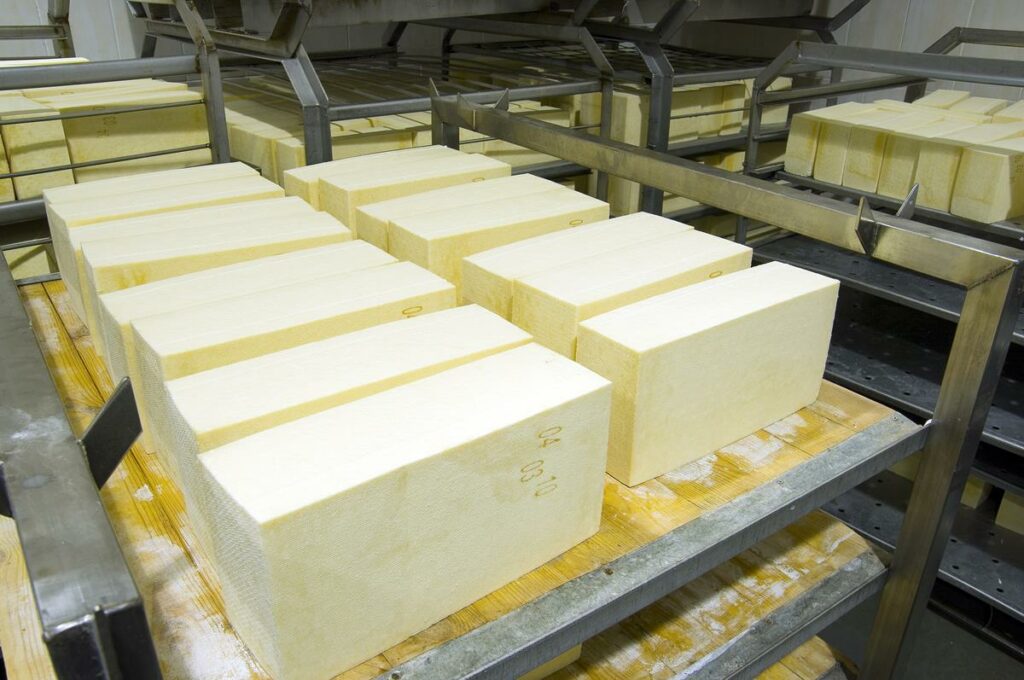The penny seems to be dropping with farm organisations and politicians that the current campaign of blocking Irish agri-business, by scuppering planning applications through the appeal systems, has effectively replaced Irish government policy for the sector.
Perhaps the main reason it took so long for this realisation to come about, is that this guerrilla opposition to government policy by the Environmental Pillar is anything but open, transparent or based on popular plebiscite.
Undermining national policy
It is worth recollecting back in 2010 that An Taisce, opposed the impending removal (by EU regulation not by Irish government or Irish farmers) of EU milk quotas, because it would increase exports of infant formula to China thereby preventing, according to An Taisce, Chinese women from breastfeeding their infants!
One can only wonder at the logic being applied to justify that particular outburst, but unfortunately it is based on similar embedded anti-Irish-agriculture prejudice upon which Irish government policy on agriculture and rural development is being undermined currently.
Likewise in 2019, An Taisce produced vegan-based dietary guidelines for Irish primary schoolchildren despite having neither remit nor expertise in the area.
The ease with which national policy can be undermined by a self-anointed group in this way, means that there is an imbalance here, I would suggest, in terms not just of impact, but also in terms of responsibility for outcomes.

In contrast to the business or practice of farming in volatile times and the huge borrowing required to fund farming, as with the billions of euro invested in the processing sector, creating jobs and Irish economy impact, the ability to block and frustrate is easy.
Implications for agri-business
Yet the responsibility of dealing with both the impact of the blockage, as with the Glanbia peak milk scheme for example, and even the eventual planning outcomes, falls to those who have actually toiled; prioritising business planning and investment while engaging in huge efforts to attain and hold diverse markets across the globe.
This is in contrast to those who pontificate and criticise.
The impact of this blockage of much needed agri infrastructure is coming at a time when the agri-sector, and indeed the whole Irish economy, is facing very real and very large existential challenges.
There is acute anxiety across the Irish economy in regard to the eventual status of the Irish economy when all of the Covid-19 restrictions have been removed.
How many jobs and companies that were, and are, supported by Covid-19 payments will have a viable customer base when the Irish economy reopens?
Where do recent pronouncements in the USA about corporate taxation leave Ireland’s low corporate tax model? Brexit has not gone away or its impact been fully felt yet.
Impact on competitiveness
So the environmental lobby blocking this investment, both inward and indigenous, means the Irish agri-sector’s ability to manage ongoing Covid-19 challenges (not to mention major additional disruption of Brexit), with its direct competitiveness challenge and the imperative for new processing capability to meet the need for market diversification, is compromised.
Likewise the ability of the sector to assimilate the impact of climate and environmental challenges and the increasing burden of regulatory cost, is compromised.
Ultimately, the ability of the sector to support the unique contribution to rural economy activity, including the 250,000 or more direct and indirect jobs supported by Irish agriculture, is also compromised.
Very clearly the ability of the agri-food sector to deliver business continuity, jobs and economic impact in 2020, despite Covid-19 constraints on farming and processing centres and the closure of the food service market at home and across international markets, was a huge and necessary boon to the overall Irish economy.
Challenges for agri-business
Government policy, officially, still prioritises a continuing focus on delivering this huge economic impact and presumably this means something!
Moreover, there are plenty of very real challenges for the 250,000 people, who every day, work in Irish agriculture and the Irish food and drink processing sector.
These challenges range from Covid-19 and Brexit to climate and environmental and regulatory impacts; not to mention normal price and income volatility.
These issues wont be managed by wishful or magical thinking or gesture politics. Ireland cannot afford not to reopen for agri-business.
